PadMan review: Akshay Kumar's film is warm, relevant and its message well delivered
Fri 09 Feb 2018, 10:10:12
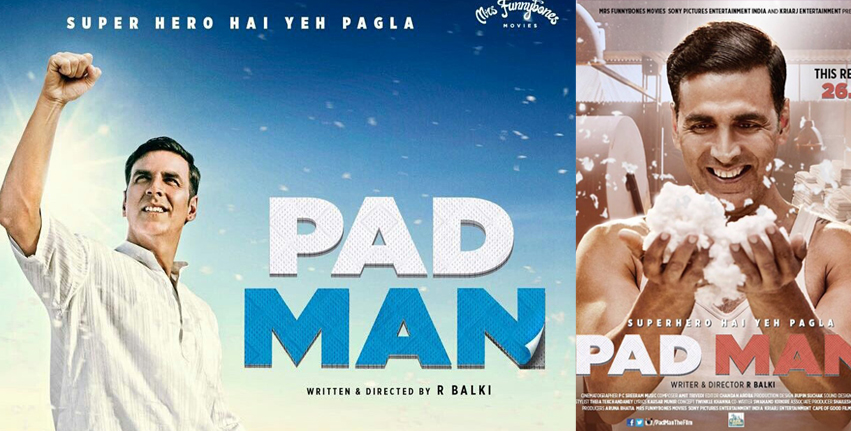
R Balki couldn’t have found a better leading man than Akshay Kumar for a film that aims to break the taboo around menstruation. Because a topic like this – which for centuries has been discussed in hushed tones- needed a face of a superstar for maximum impact. And PadMan, despite its mildly over-bearing, holier than thou tone, doesn’t waste a single moment to drive home a very important point that there is an urgent need to spread awareness around menstrual health.
Based on the real-life story of Arunachalam Muruganantham, PadMan has Akshay Kumar playing a middle-school dropout Lakshmikant Chauhan who despite his limited school knowledge is an innovator. In love with his wife Gayatri, he finds various ways to make her feel comfortable. He invents a small chopping device so that Gayatri doesn’t tear up while cutting onions, he adds a wooden chair at the back of his bicycle so that she can sit comfortably. And similarly gets perturbed to see her live in isolation every month for five days when she gets her periods and use cloth instead of sanitary napkins.
While Lakshmi, as a thoughtful husband, wants to break the taboo around menstruation, the women in his house are visibly scandalized when he offers them a pad that is made by him. The film then traces the maverick innovator's journey from a village man simply concerned about his wife’s wealth to a visionary who shows the world how to make cheaper sanitary napkins.
PadMan doesn’t waste too much time in addressing the core theme of the film and shows Lakshmi as the practical man trying to break taboos around menstruation, the film trudges on till the interval and often sounds a bit preachy. Gauri, Lakshmi’s wife, basically represents all the stereotypes while Lakshmi represents liberal thinking and their scenes, after a point, become monotonous with Lakshmi more or less harping the same thing as Gauri keeps defying him meekly.
Unlike other films, PadMan picks up the pace in the second half where, after relenting persuasion, Lakshmi finally cracks the code of making perfect, low-cost sanitary napkins. A chance encounter with Pari, an idealist, activist whose father is an IIT professor, helps him take his innovation to Delhi and even win awards. The scenes where Pari and Lakshmi together convince other women of the village to not only use his low-cost pads but also mobilize them to create such pads on their own in smaller factories are truly inspiring. Some of the film’s brightest moments lie in the way Pari, an MBA graduate, and Lakshmi, mobilizes women folk to become self-reliant.
The film is tailor made for Akshay Kumar and he shines throughout. He may appear too urban in the beginning of the film, but his simpleton act is convincing and endearing. A scene has Kumar delivering a long monologue in broken English and for an
actor who is well versed with the language in real life, Kumar manages to pull off the scene with utmost conviction, with not a single false not. Also, the scene where Kumar explains to a bunch of dignitaries how his innovation works with hand movements, its pure joy to watch. Kumar, over the past decade, has balanced formula films and author-backed roles with great aplomb and PadMan will remain one of his career’s high point. His Lakshmi is tad irritating, mad, simple and above all a visionary. And Kumar serves as the perfect poster boy for Make In India campaign with this role.
actor who is well versed with the language in real life, Kumar manages to pull off the scene with utmost conviction, with not a single false not. Also, the scene where Kumar explains to a bunch of dignitaries how his innovation works with hand movements, its pure joy to watch. Kumar, over the past decade, has balanced formula films and author-backed roles with great aplomb and PadMan will remain one of his career’s high point. His Lakshmi is tad irritating, mad, simple and above all a visionary. And Kumar serves as the perfect poster boy for Make In India campaign with this role.
Sonam Kapoor, a young bright do-gooder who helps Lakshmi learn how ‘to fly’ is also perfect in her role. Kapoor, who has evolved as an actress over the past years, plays a catalyst of sorts and delivers a convincing performance. Perhaps the most conventional character in the film that of Radhika Apte's who as the conservative housewife grappling with a very liberal husband delivers a commendable performance. Known for her acting prowess, Radhika’s role is perhaps the toughest and anyone could have easily hammed. But Radhika’s restraint performance makes her Gayatri look innocent, vulnerable and emotional. Even though you know that she ticks all stereotypes and plays to the gallery – you may still empathise with her as she stares helplessly at her husband's maverick ideas.
The film does oversimplify the problems at hand. In the first half, some of the scenes state the obvious with dialogues that almost look like DD health awareness ads. The detailing is a bit too much to take. But maybe it is meant for an audience which needs to be spoon-fed about the benefits of menstrual hygiene and which is why R Balki keeps the narrative simple and linear. The only glitch in the entire story is an unnecessary romantic track that is introduced in the second half which sort of deviates the story for a few minutes.
Amit Trivedi’s music blends in the narrative perfectly but none of the songs really stand out. They are treated literally as a tool to over-explain the story.
PadMan has its flaws, but despite that, it is enjoyable and a relevant film. It may appear a bit preachy, it may oversimplify things, but it should be lauded for bringing the country’s attention to menstruation. For women it is a story that all too familiar- some of the privileged lot may not identify with the film but surely they can emphathise with those who cannot afford expensive sanitary pads or those who go through various archaic rituals every month because they have their periods. More importantly, PadMan serves to a greater audience and enables a discussion which – if not anything else- is a good start towards spreading more awareness. Never mind how the story unfolds on screen, it ultimately serves its purpose and is ultimately for a greater good.
No Comments For This Post, Be first to write a Comment.
Most viewed from Film & TV
Most viewed from Entertainment
AIMIM News
Latest Urdu News
Most Viewed
May 26, 2020
Should there be an India-Pakistan cricket match or not?
Latest Videos View All
Like Us
Home
About Us
Advertise With Us
All Polls
Epaper Archives
Privacy Policy
Contact Us
Download Etemaad App
© 2026 Etemaad Daily News, All Rights Reserved.







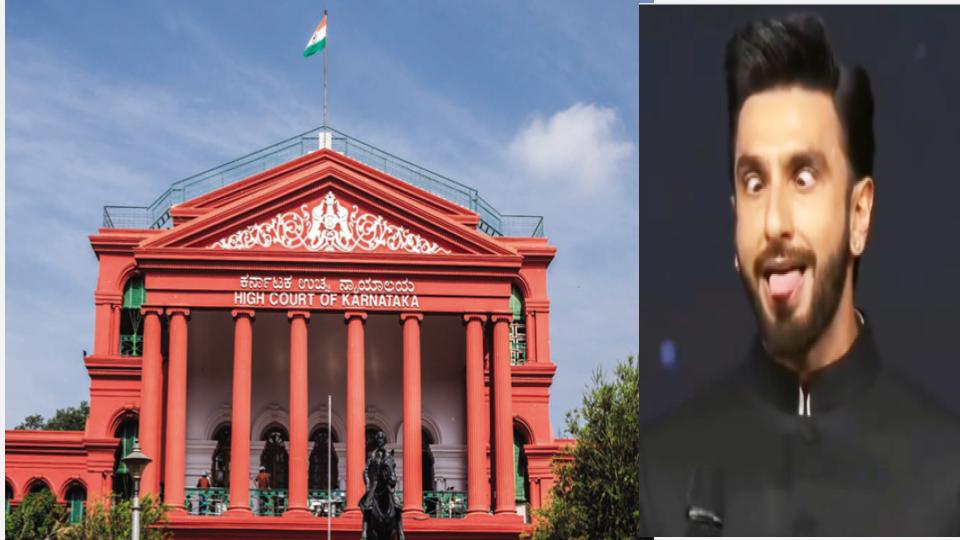
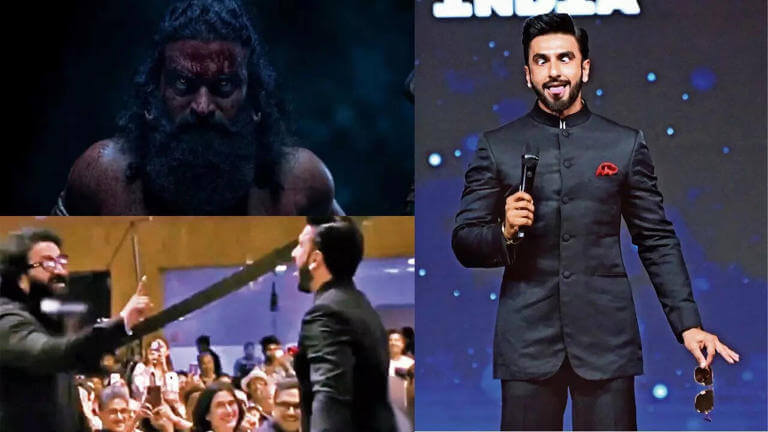
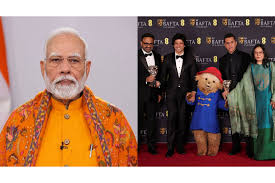


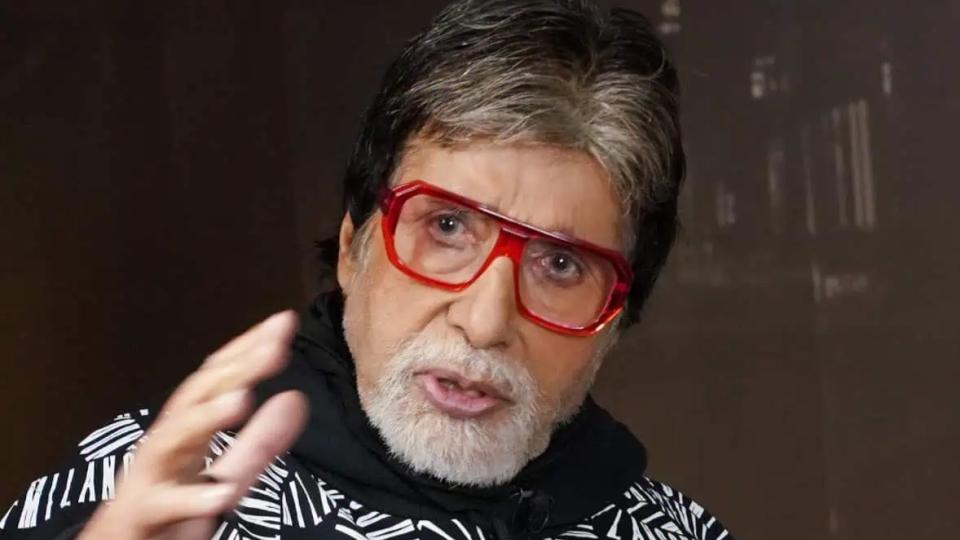
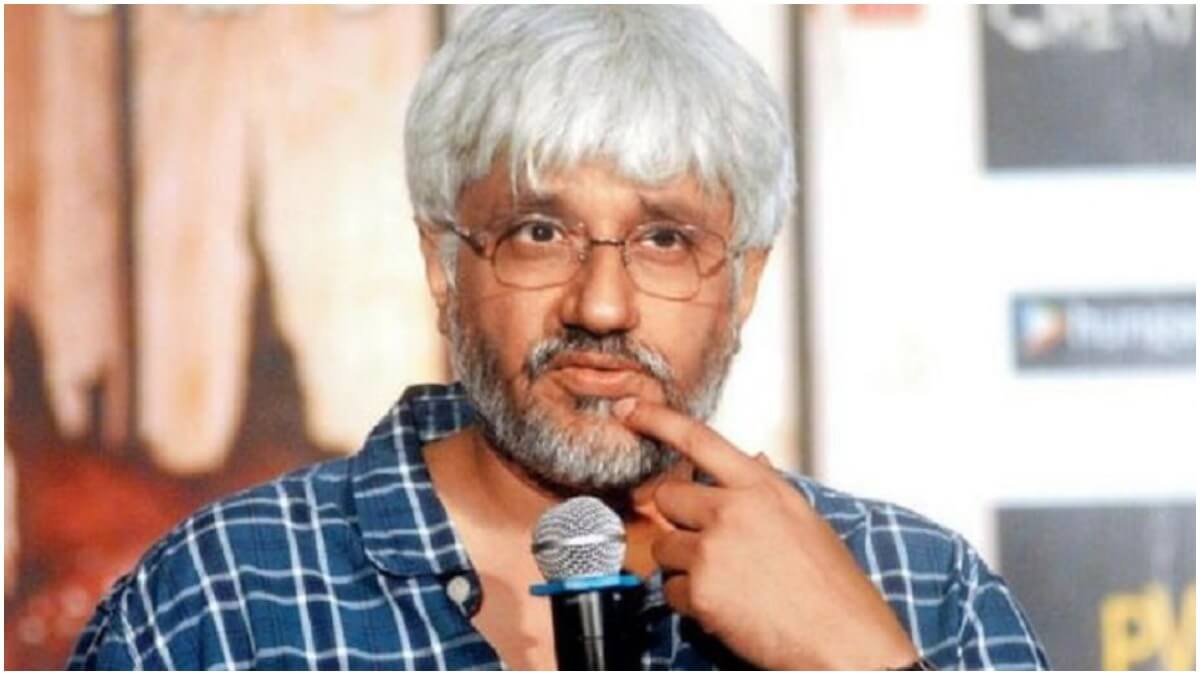

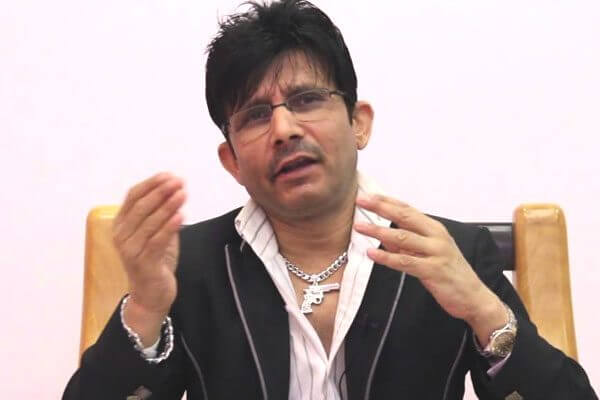



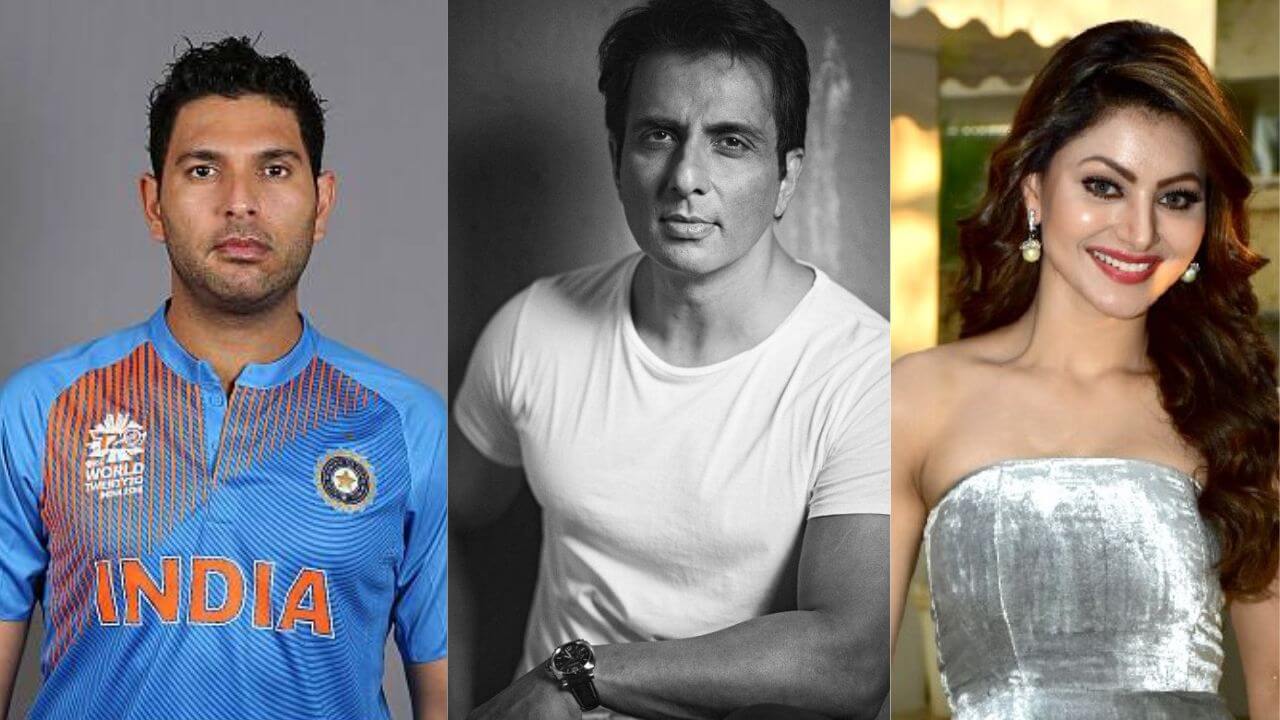
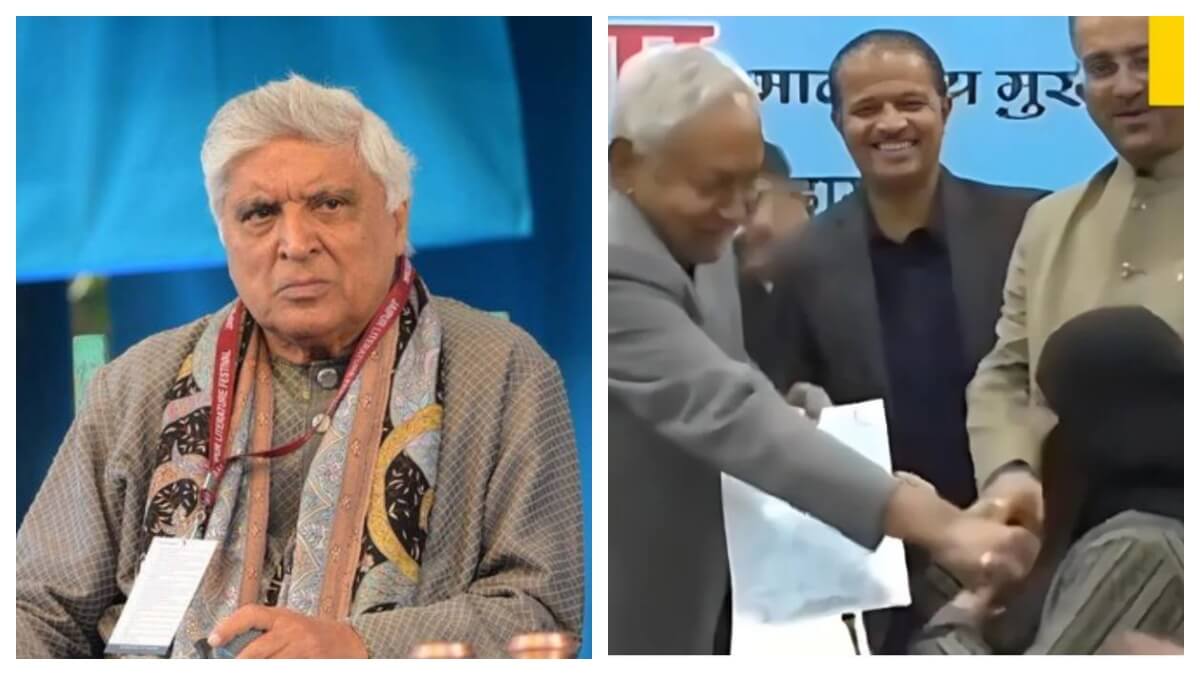

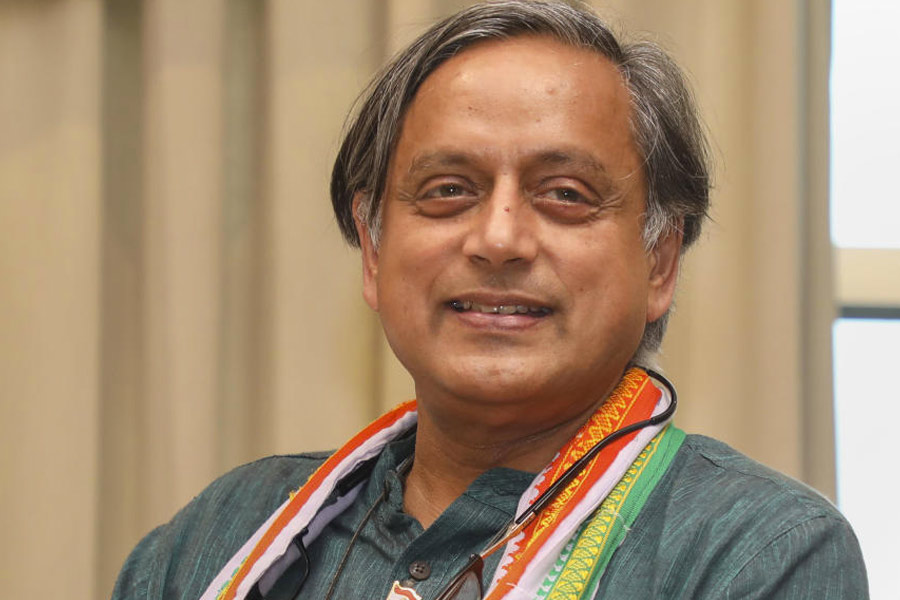














.jpg)
.jpg)
.jpg)


